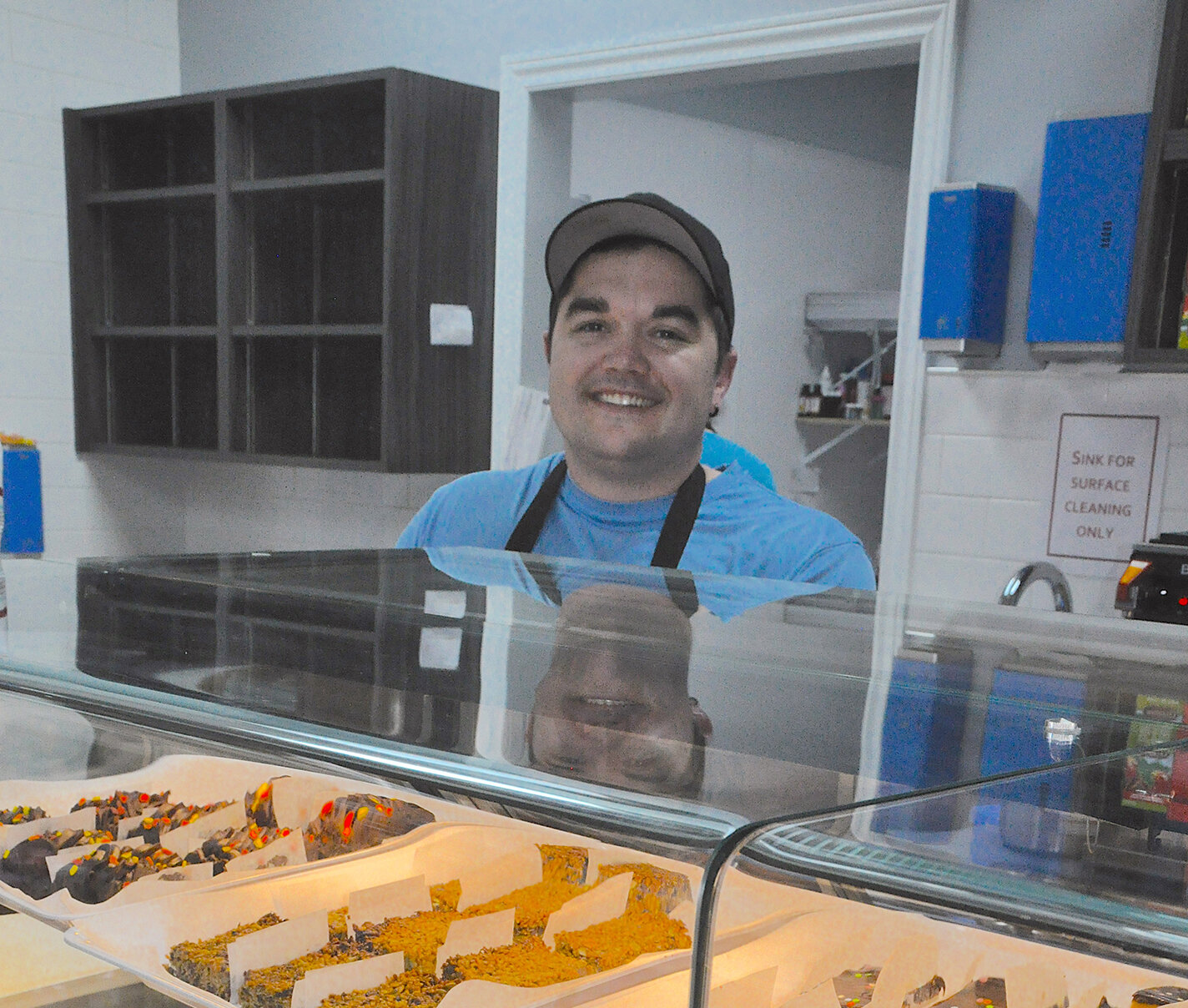This is a very different Christmas and holiday season for all of us everywhere. There are no Santa Claus parades, no Christmas parties, or at least there shouldn’t be and there will probably be a run on small turkeys to adorn much smaller dinner tables. Many are grieving loss. Celebrations associated with all faiths are being subdued, in some cases cancelled.
The pandemic has made it an absolute necessity to stay home if at all possible, socially-distance and comply with all the protocols to stop the spread of Covid19. While technology allows us the means to connect virtually, it is sad that we can’t physically be with family and friends, it is exhausting for first responders and frontline workers and it is devastating for those whose incomes are suffering.
We do what we can to support local businesses. Budgets are tight and shopping, where permitted, can be a stressful experience. But that doesn’t mean we cannot and should not adapt to a new kind of celebrating, a new kind of giving. Sociologists and anthropologists tell us that these rituals play a major role in binding communities together and we certainly could use some binding together right now.
Dimitris Xygalatas is an assistant professor in anthropology at the University of Connecticut. In an article on the university website UConn Today, he explains that ritual, “remains a powerful tool for promoting resilience and solidarity. In a world full of ever-changing variables, ritual is a much-needed constant.” He adds that new rituals in reaction to world or life events are just as important, pointing to people in cities around the world applauding health care workers for their tireless service during the pandemic or comedian Jimmy Kimmel and his wife encouraging those in quarantine to hold formal Fridays, dressing up for dinner even if they are alone.
As a Christmas baby, I have always celebrated my birthday Christmas Eve to try to separate it from the busyness of Christmas Day. Well that created more busyness, but hey - it’s my family’s ritual and we are still working on how to change that this year. Everything points to Zoom. So, why can’t we change the ritual of giving as well? Or add to it? Just maybe the best gift to each other is one that doesn’t even cost a cent. (Hmmmm…since there are no more pennies, the expression should become, “doesn’t cost a nickel, dime or quarter?” Let’s just jump to, “doesn’t even cost a loonie…or two.”)
There is a wonderful short story by O. Henry called The Gift of the Magi (Candlewick Press). It’s about a poor young couple, Della and Jim, living in a tiny, spartan New York City flat in Victorian times, who skimp and save to buy each other the perfect Christmas present: she a gold chain for his prized pocket watch, he a comb for her lovely, long hair. Unable to afford either gift, he sells his watch to buy his beloved the comb and she cuts her hair to buy her beloved the chain.
In his epilogue, author O. Henry compares the three wisemen who brought gifts of wealth to baby Jesus in the manger, thereby inventing the art of giving Christmas presents, to Della and Jim who gave up their greatest treasures for each other. Yes, the sacrifice was the gift!
More than a century after O. Henry’s death, his lesson is just as relevant, perhaps even more so. The greatest gift to one another isn’t always a comb or a pocket watch chain or anything else you’d find wrapped under the tree, but the gift of sacrifice. Whether it’s for family, friends or total strangers, as we isolate, sacrifice the hugs and socializing; as we shield our smiles behind masks and endure a little loneliness, knowing together, virtually, we can hasten an end to this awful chapter, that’s the ultimate gift we can give. That’s priceless.
O. Henry said it best in the final line of his story about Della and Jim:
“…let it be said that of all who give gifts, these two were the wisest. Of all who give and received gifts, such as they, are the wisest. Everywhere, they are wisest. They are magi.”
This December, 2020 let us all be magi so that one day soon we can unmask our smiles, hug one another and celebrate our rituals, old and new, together, really together, like never before. That will be priceless!
Connie Smith is a free-lance journalist, media instructor at Mohawk College and member of the Order of Ontario, who believes in the power of positivity.
View the article on The Hamilton Spectator website here



